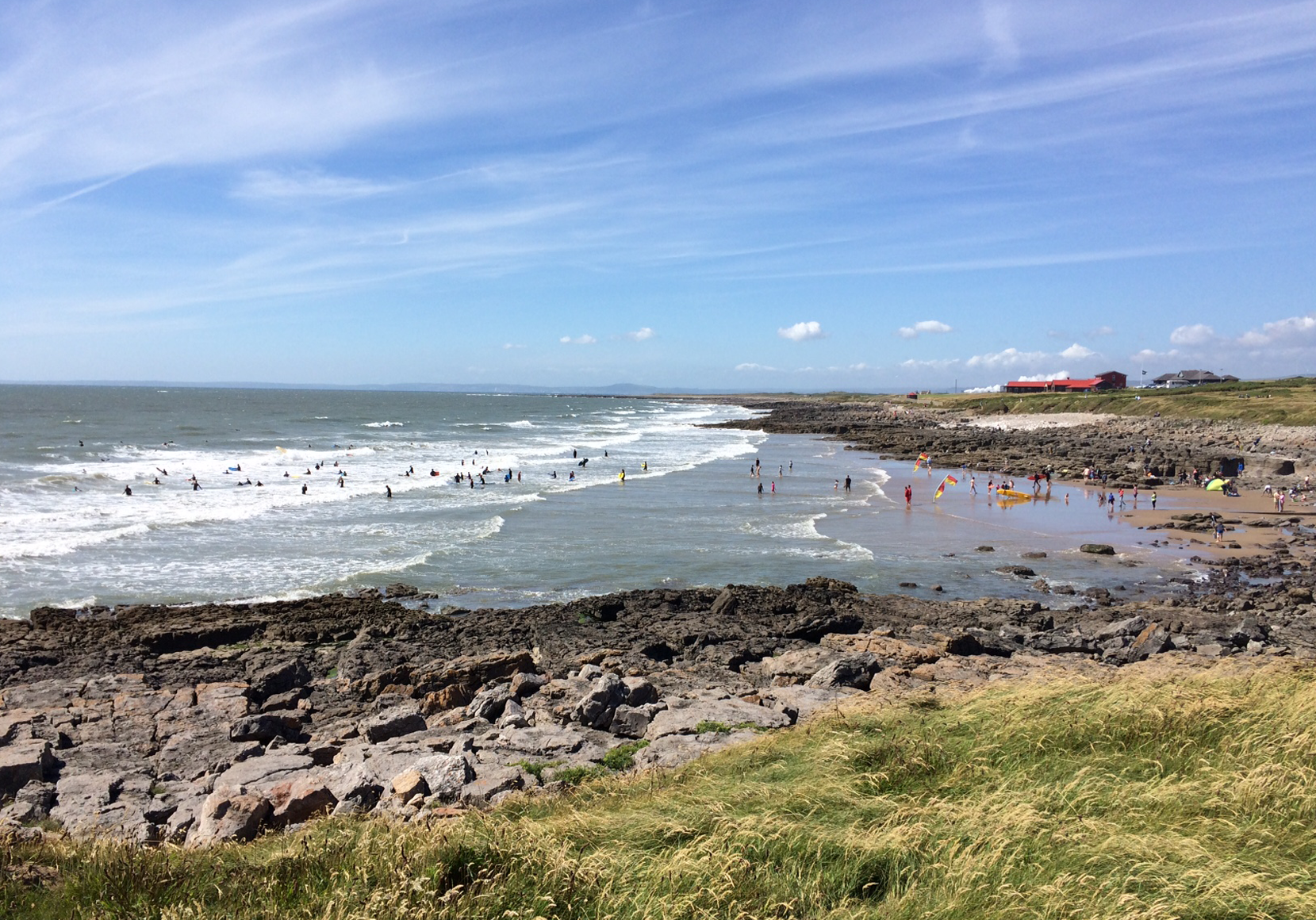Advice on staying safe during heatwave
Poster information
Posted on: Tuesday 20 July 2021
Following the Extreme Heat Warning issued for large areas of Wales this week, Public Health Wales has issued some advice for staying safe in the heat.
The Met Office issued its first ever extreme heat warning yesterday with high temperatures – around 30 degrees centigrade - due to last until Friday 23 July. The area of concern includes South Wales.
Prolonged periods of extremely hot weather can pose a serious health risk with those most at risk including older people, very young children and people with pre-existing medical conditions.
Public Health Wales has issued the following advice:
- Look out for others, especially older people, young children and babies, and those with underlying health conditions
- Close curtains on rooms that face the sun to keep indoor spaces cooler and remember it may be cooler outdoors than indoors
- Drink plenty of water. Note that sugary, alcoholic and caffeinated drinks can make you more dehydrated
- Open windows when it feels cooler outside and it’s safe to do so
- Never leave anyone in a closed, parked vehicle, especially infants, young children or animals
- Try to keep out of the sun between 11am and 3pm
- If you are going into the water to cool down, take care and follow local safety advice
- If you have to go out in the heat, walk in the shade, apply sunscreen and wear a hat
- Think about when you exercise. Consider exercise during the cooler times of the day.
- Wear light, loose fitting cotton clothes
For more advice visit the Public Health Wales website.
With the hot weather, visitors to the coast of Bridgend County Borough are reminded that lifeguard patrols are in place at Trecco Bay, Sandy Bay / Coney Beach and Rest Bay between 10am-6pm up until 5 September.
Only swim between red and yellow flags on lifeguard-patrolled beaches, and if you get into trouble, lie on your back in the ‘Float To Live’ position and relax, resisting the urge to thrash about.
Anyone who spots a swimmer in trouble should call 999 or 112 in an emergency and ask for the Coastguard. For more details, visit the RNLI website.

